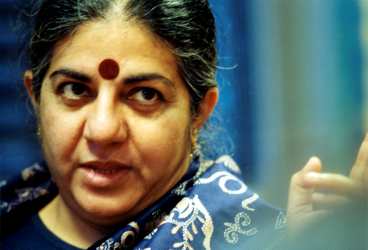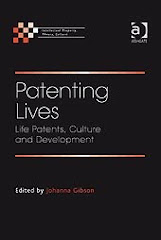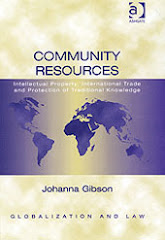
Today, an international workshop in Hyderabad, India, will consider ways in which to maximise the contribution of biotechnology towards ensuring food security. The workshop, "Fostering Next Green Revolution - Role of Biotechnology in Advancing Indian Agriculture," will include presentations from US scientists as well as scientists researching in India, according to a report in the newspaper, The Hindu. As well as scientists, delegates are to include farm experts and various stakeholders.
The "Green Revolution" is the term commonly applied to the last 50 years of global agricultural history, gains in food security and reduction in hunger. As such, the term is highly emotive and the attachment of certain farming practices to this language is quite strategic. The Biotechnology industry and other stakeholders attribute much of the Green Revolution to the development of new seeds, fertiliser, and pesticides, as well as associated developments in farm machinery. Unfortunately, this positions much of the important activity in civil society and local and indigenous groups, questioning the gains and raising concerns about biosafety, at the margins. Indeed, such concerns have even been reported as "campaigning to limit advances," according to Borlaug and Carter, writing "Extending the Green Revolution" in the Wall Street Journal in October 2005 - that is, civil society is interpreted and constructed as campaigning against progress rather than campaigning in favour of examination, preparation, and information. Keya Acharya provides a useful report of the concerns in India. In particular, concerns have been raised about the driving of research and development by proprietary and commercial choices (such as the conduct of expensive genetic research on tomatoes rather than food grains), at the "expense" of socio-economic and cultural concerns. This is particularly serious in the number of farmer suicides, largely attributed by Vandana Shi
 va, Devinder Sharma and others to despair over the high costs (of seed and chemicals) associated with an increasingly commercial articulation of the local agricultural market and practice. In addition, perceived failures at the level of government policy appear to be exacerbating the crisis, and interfering directly with agricultural tradition (such as the support of cash crops like cotton), according to the Frontline Report, Seeds of Suicide. PHOTO: Vandana Shiva
va, Devinder Sharma and others to despair over the high costs (of seed and chemicals) associated with an increasingly commercial articulation of the local agricultural market and practice. In addition, perceived failures at the level of government policy appear to be exacerbating the crisis, and interfering directly with agricultural tradition (such as the support of cash crops like cotton), according to the Frontline Report, Seeds of Suicide. PHOTO: Vandana ShivaThe workshop follows the annoucement of Prime Minister Manmohan Singh at the International Conference on Agriculture for Food, Nutritional Security and Rural Growth to commemorate the birth centenary of Late Dr B P Pal, staged in New Delhi at the end of May. As reported in ZeeNews, the Prime Minister outlined a 7 point strategy for facilitating the second green revolution. Today's workshop is to be inaugurated by Finance Minister K. Rosaiah and chaired by Vice-Chancellor, Acharya N.G. Ranga Agricultural University, S. Raghuvardhan Reddy.



No comments:
Post a Comment